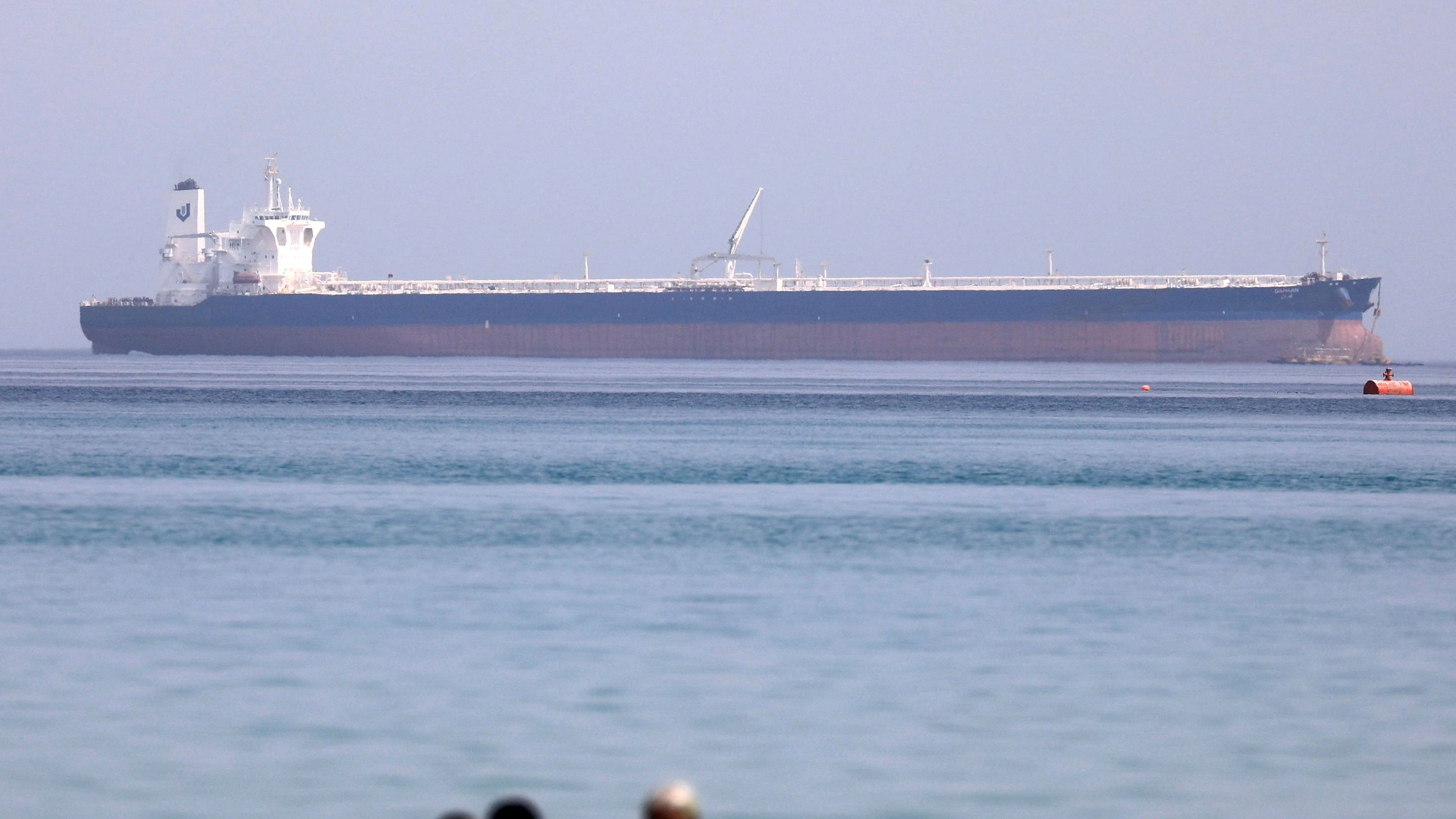
Shipping vessels are avoiding the Red Sea route for transit between US/Europe and Asia after Yemen-based Houthi militants targeted them in solidarity with the Palestinian state.
Credit: Reuters Photo
New Delhi: The Red Sea crisis, which has forced shipping vessels to take a longer detour to avoid being hit by missiles, will not cause any inflationary impact or drastic shortage of goods in India, head of a US-India body said, emphasising that the Asia's third-largest economy can survive the crisis.
Shipping vessels are avoiding the Red Sea route for transit between US/Europe and Asia after Yemen-based Houthi militants targeted them in solidarity with the Palestinian state. Ships are now rerouting around the southern tip of Africa, increasing the voyage time. This has impacted the availability of ships and increased freight and insurance costs.
US India Strategic Partnership (USISP) Forum, however, said the Red Sea crisis is not going to have any major impact.
"India can survive that," USISP president and CEO Mukesh Aghi said in an interview with PTI.
"The Red Sea moves around 15 per cent of the global trade, and when one is not using the Red Sea route, time doubles, and capital and containers are stuck for another 3 weeks. India's exports of rice to Europe and India's import of energy are being impacted," he said.
"The crisis does have an inflationary impact on the economy, but it is not something that is going to cause high inflation, or a drastic shortage of goods, and India can survive through it," Aghi said.
Due to the rerouting of a voyage through the Cape of Good Hope instead of going through the Suez Canal and the Red Sea, shipments from India to the US will take an additional 10-14 days, while shipments from Europe/the Mediterranean will take 20-25 days.
On whether Biden's recent ban on LNG (Liquified Natural Gas) exports will impact India, Aghi said that India has options to buy energy from the Middle East, Russia, and Latin America. In the mid to long term, since both India and the US are strategically aligned, it makes sense for the US to ensure that India has energy security, he said.
Aghi praised the government's interim budget terming it responsible, balanced and focused on "maintaining the momentum of the positive growth of the Indian economy."
He said that the budget is well-focused on growth strategy, development, and welfare, at the same time, it talks about investing in innovation, providing a substantial amount of loans for emerging economies, and investing in defence, which makes it a very responsible budget.
"The government's focus on capital spending to sustain the growth momentum is a positive strategy. An economy cannot grow without having infrastructure, because it provides efficiency, and effectiveness and enables the movement of goods at a faster pace," he said.
"If you look at all the developed countries, their focus for the first 20 years has been on building infrastructure, and our finance minister has continued that trajectory, which is a very prudent process," he added.
Talking on issues that seek immediate attention by the government, he said, "I understand that our capital cost is high because we need to control inflation, but if Indian companies are going to compete on a global basis, they have to compete not only on quality but also on cost. The cost of capital is one of the biggest cost factors."
"The cost of logistics for Indian goods is roughly around 12 per cent of the GDP, which is very high, we need to unclog the logistics processes, from trains to customs," he added.
Aghi also suggested the government to focus on making the labour class more productive and competent, by increasing capital spending on technology and equipment.
Speaking of his expectations from the full budget in July, Aghi said, "I would like to see a proper streamlining of taxes and GST, and dispute resolution on the high-end side should be managed in a centralised manner."
"There are opportunities to simplify taxation, dispute resolution, and provide much lower tax rebates, not just to corporations but also to individuals, because tax collection is growing and the tax base is broadening, I believe that it should eventually benefit the taxpayers as well," he said.